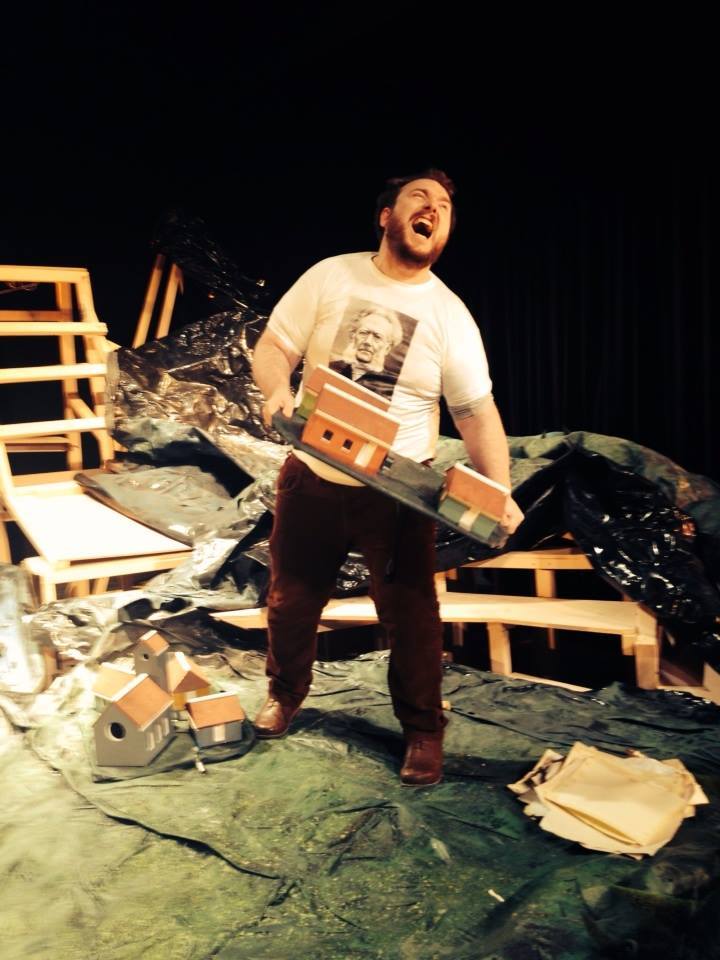It is of crucial importance that the performing arts sector in Flanders learns to understand full participation and representation of performers with disabilities as part of a broader human rights issue, rather than understanding it as a matter of granting individual mercy.
At the present moment there still is a lack of awareness and knowledge about this issue. Within the
field of disability studies, crip theory focuses explicitly on rethinking the normative claims of the
able-bodied majority, which often ostracizes the disabled minority. Crip theory goes one step
further than disability studies at large: instead of asking what someone needs to participate in the
mainstream, it attempts to rethink the mainstream from a disabled perspective.
Within this research project, Marijn Prakke asks the question how he can translate the theoretical insights gathered from disability studies at large and crip theory in particular into a theatre practice that can have a lasting impact on how the Dutch-speaking theatre world treats disabled performers. Besides researching what a crip performance practice would entail, he also tries to articulate how to crip policy, institutions and education, with the aim of achieving a full participation and representation of actors with disabilities.
Promotor:
Peter Kolpa





